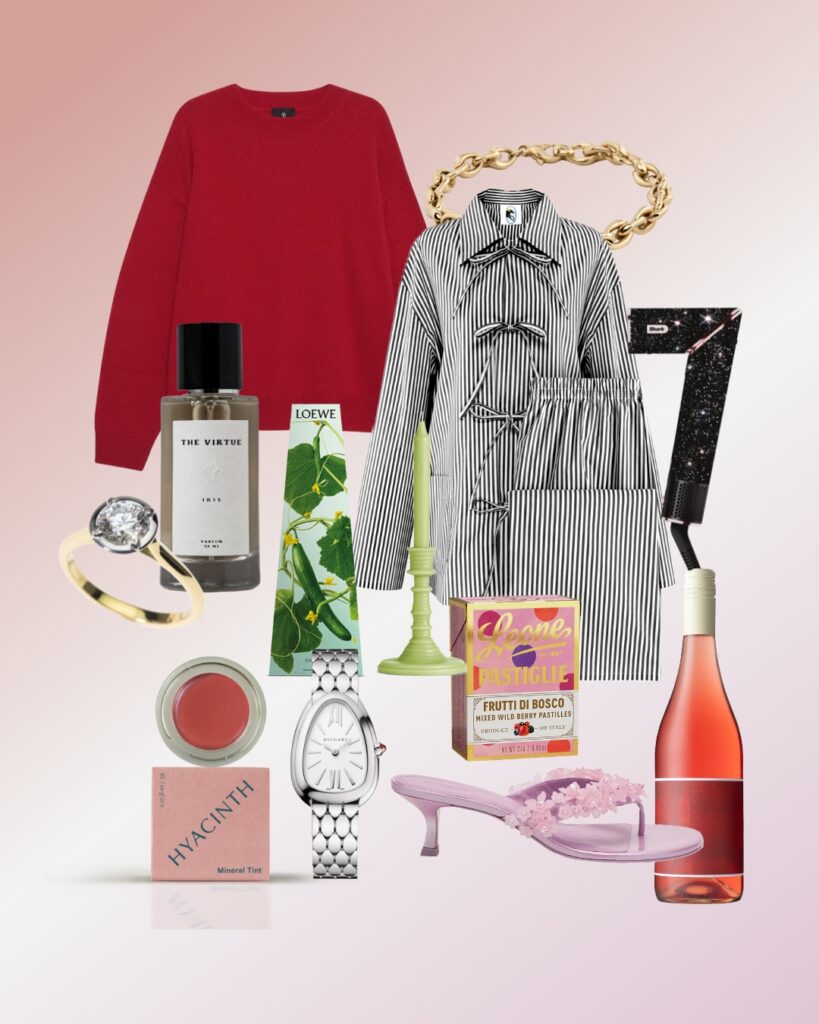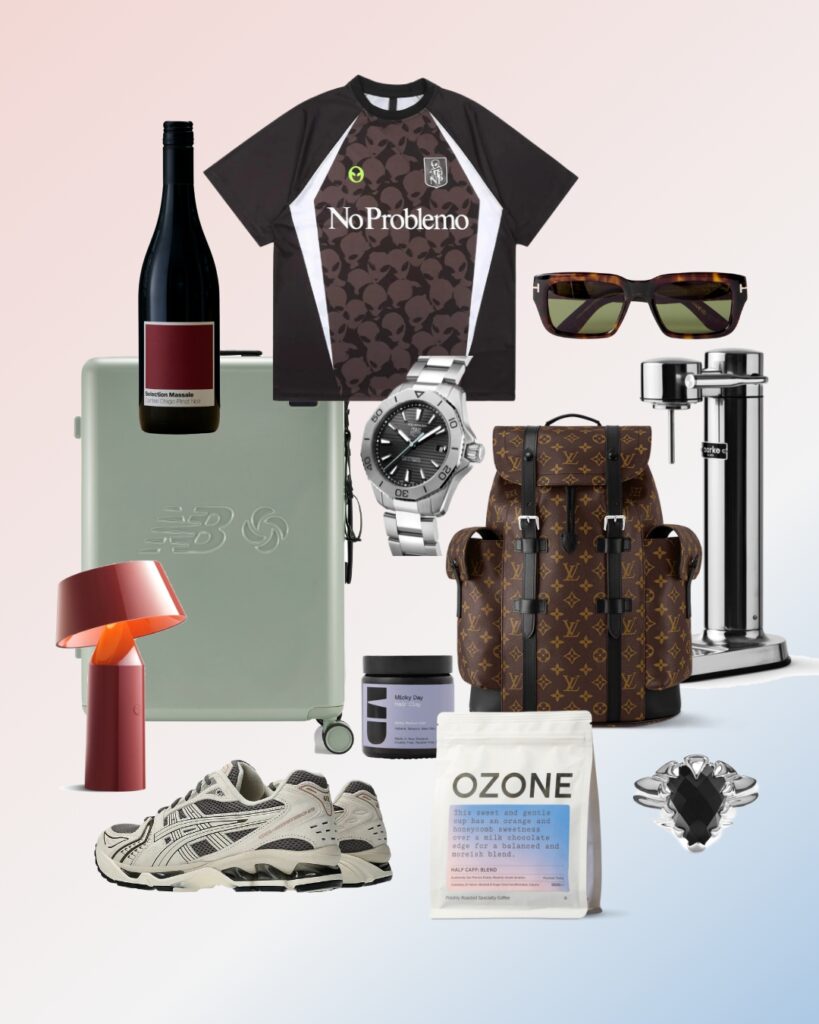The Paris-based international luxury goods company, Kering, has been named the second most sustainable company in the world, the latest index report shows.
Kering, which owns coveted brands such as Gucci, Saint Laurent, Balenciaga, Bottega Veneta and Alexander McQueen, has climbed a massive 45 places on the Corporate Knights Global 100 Index after revamping its sustainability strategy in the past year going from 47th place in 2018 to 2nd in 2019.
The index identifies the most sustainable brands across the globe in all industries – not just fashion.
Kering also took out the title of the most sustainable company in the apparel and accessories category for the second year in a row.
“This reflects our dedication and perseverance to embed sustainability best practices across our business activities,” Kering chief sustainability officer and head of international institutional affairs, Marie-Claire Daveu, said in a release. “It also acts as a ‘proof of concept’ that a business can achieve financial success while delivering positive social and environmental outcomes.”
Over the past few years, Kering has made known a number of sustainability initiatives, one being the company’s commitment to reduce its environmental footprint by 40% by 2025.
But the efforts don’t stop at Kering – the houses underneath the Kering helm are also exhausting their own measures: Gucci launched its own platform last year with a 10-year sustainability plan in place, and Bottega Veneta is making the shift to entirely animal-free leather.
The achievement comes even after Kering’s March 2018 split with long-known advocate of sustainable fashion, Stella McCartney, who in the past year accomplished the Loop sneaker which can be recycled in its entirety, vegan Stan Smiths and an impending UN charter on sustainable fashion.
The annual Corporate Knights’ Global 100 rating index is considered one of the leading benchmarks for corporate sustainability worldwide and reflects the best performing businesses in relation to long-term economic, environmental and social criteria. To achieve its leadership position, Kering was assessed against 21 key performance indicators (KPIs) covering resource management, employee management, financial management, clean revenue and supplier performance.










